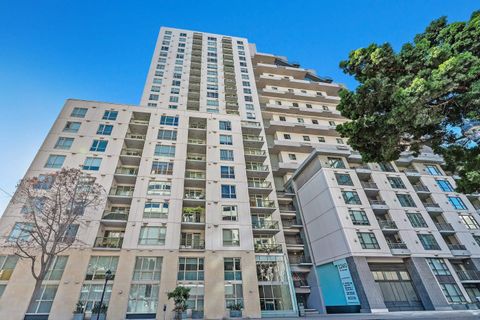-
Lot Size1.38 ac
-
Home Size680 sqft
-
Beds1 Bed
-
Baths1 Bath
-
Year Built2003
-
Days on Market26
Evaluating a Buyer’s Offer
- Real Estate Tips
- encinitas, Encinitas Homes, encinitas realtor, homes for sale in encinitas, Linda Moore, linda moore blog, Linda Moore with Coldwell Banker, real estate agent in encinitas
- October 26, 2015
Offer Price
While this number is probably the first thing you’ll look for, a first offer is almost never the final one. You can request that this price be adjusted based on other factors of the buyer’s offer such as contingencies.
Closing Date
This is the date in which the buyer indicates they want you to transfer over the property title.
Earnest Money
Usually, the larger the earnest money deposit, the more serious the buyer is about the offer. The buyer will most likely have the money held by a third-party. If the deal falls through, the earnest money will be returned to them; if the offer is accepted, the money can be applied toward their down payment.
Time Frame
This is the agreed-upon, limited window of time in which the buyer will be able to purchase your home under the terms in the offer. Always make sure the time frame isn’t too long in order to avoid stalling on the buyer’s end.
Contingencies
-
Inspection: Many buyers include this contingency so that if an inspector finds problems with the property, they can cancel closing and renegotiate or demand you make repairs.
-
Mortgage: This is where the buyer will state that their offer is based on their ability to get a mortgage loan. You can accept or reject this based on how realistic the proposed term and rate are.
-
Appraisal: This is where the buyer makes sure that the house will be appraised based on the sales price, not the agreed-upon price, as the latter is almost always larger than the former due to concessions and closing costs.
-
Personal property: The buyer may ask to keep any appliances that are attached to the property, such as your stove or light fixtures.
-
Buyer selling property: When the buyer has to sell their home before purchasing yours. Again, make sure they have specified a reasonable time frame, or a 72-hour clause.



